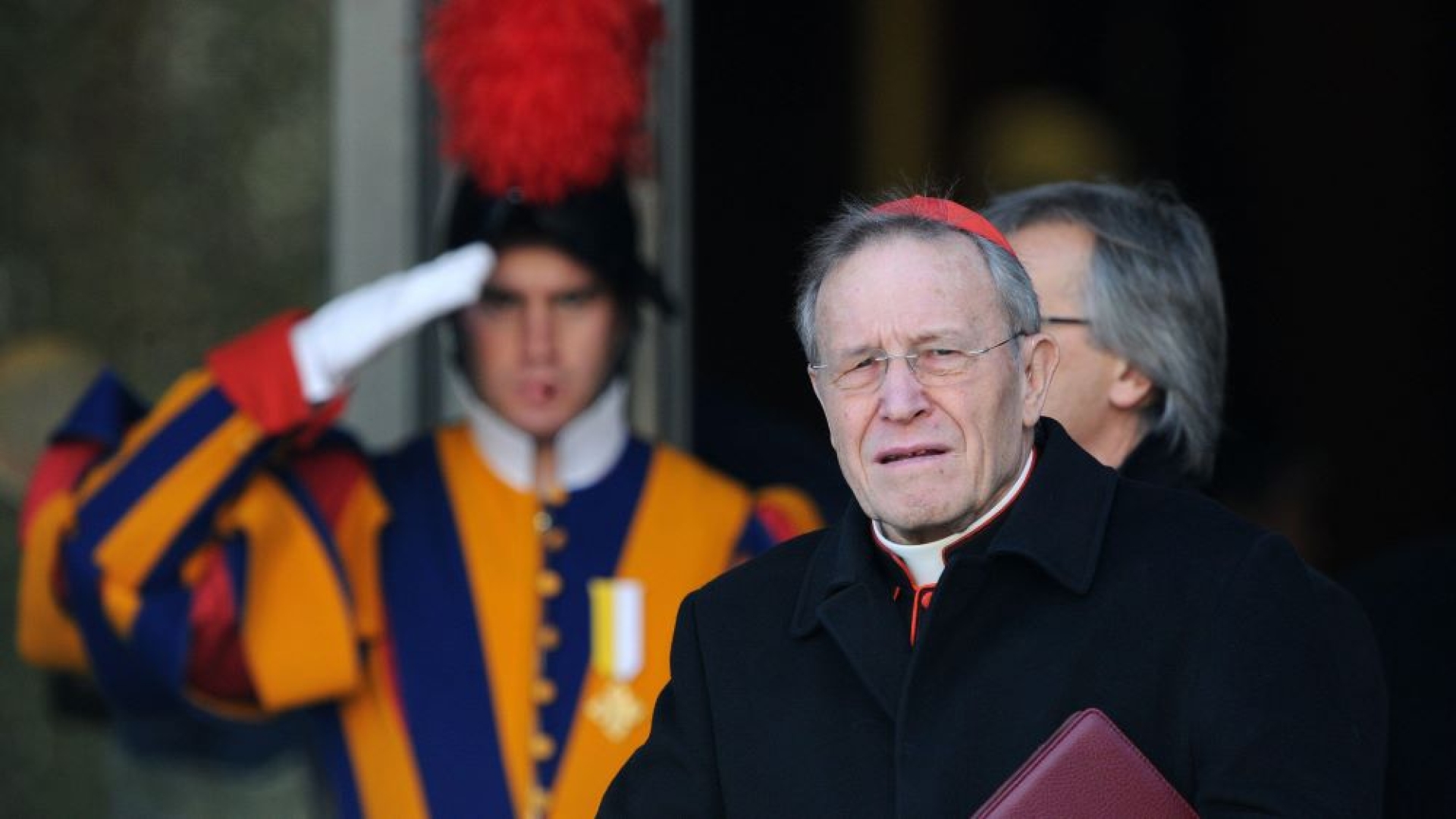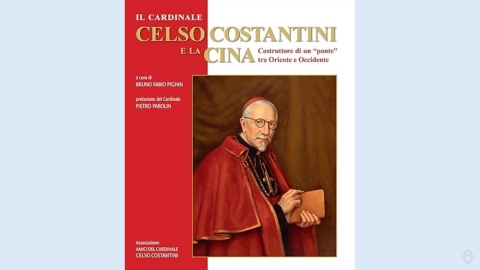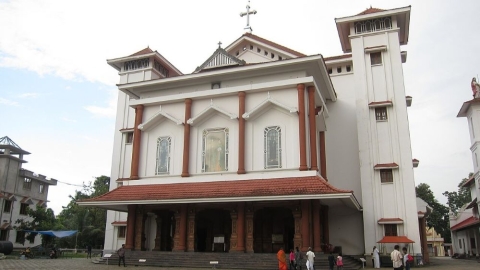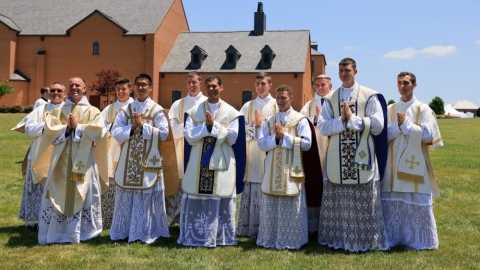Germany: Cardinal Kasper Sees the German Synod at an Impasse

Cardinal Walter Kasper
Cardinal Walter Kasper has renewed his criticism of the German Synodal Path. Questioned about the Synodal Committee, which is responsible for preparing the Synodal Councils provided for by a document voted on during the Fourth Synodal Assembly, he declared that they have no legitimacy and have already received severe criticism from Rome.
On September 10, 2022, during the Fourth Synodal Assembly, the document “Sustainably Strengthening Synodality: A Synodal Council for the Catholic Church in Germany” was adopted. It provides for the establishment of synodal councils at the national, diocesan, and parish levels. At the national level, it would be composed of equal parts of bishops, priests, and laity.
This Synodal Council would be a body of consultation and guidance for important projects in the Church. The Synodal Committee, formed after the last Synodal Assembly, is responsible for setting up this Council. It is made up of 27 bishops, 27 members of the Central Committee of German Catholics (ZdK), and 20 members elected during the last Assembly.
Such advice has already been rejected several times by Rome: by the Curia, in a letter of January 16, 2023, approved by the Pope; by the Apostolic Nuncio to Germany, on the occasion of the autumn meeting of the German episcopate in Fulda, at the beginning of September 2023; and by Francis himself in a letter he wrote in November in response to a letter from four women, resigned members of the Synodal Path.
Related Article:
A Challenge
In an interview with the online platform Communio, Cardinal Kasper warned: “To simply continue with this project anyway and create a fait accompli cannot be understood as anything other than a defiant challenge that cannot end well.”
He added, “Such a synodal council would undoubtedly interfere with the sacramental structure and would limit or even undermine the bishop’s authority to lead. The council would then also have more powers than the Bishops’ Conference, which according to current canon law is an advisory body with a few exceptions.”
According to the cardinal, he also does not understand how one can assume an ordained ministry “and then renounce the fulfillment of the obligations that are essential to this ministry and which one has publicly assumed at ordination”
The cardinal insists: “It is therefore not a question of creating additional new structures with reference to synodality, but of realigning the existing structures in the sense of synodality and shaping them in a less bureaucratic and more spiritual way.”
He also mentioned already established forms of consultation, such as regular meetings between the Bishops' Conference and the Central Committee of German Catholics (ZdK), which should be developed as a priority: “There is nothing to prevent these consultations from being refined further.”
Indeed, when we know the destructive potential of the ZdK and its more than outrageous progressivism, there is every reason to fear a greater collaboration, since the agreement between ZdK and bishops has given us the Synodal Path. Cardinal Kasper therefore sees the danger of the National – or Diocesan – Synodal Council but does not realize that it comes from a union that he proposes to strengthen.
(Sources : Kath/InfoCatolica – FSSPX.Actualités)
Illustration : Banque d’images Alamy





